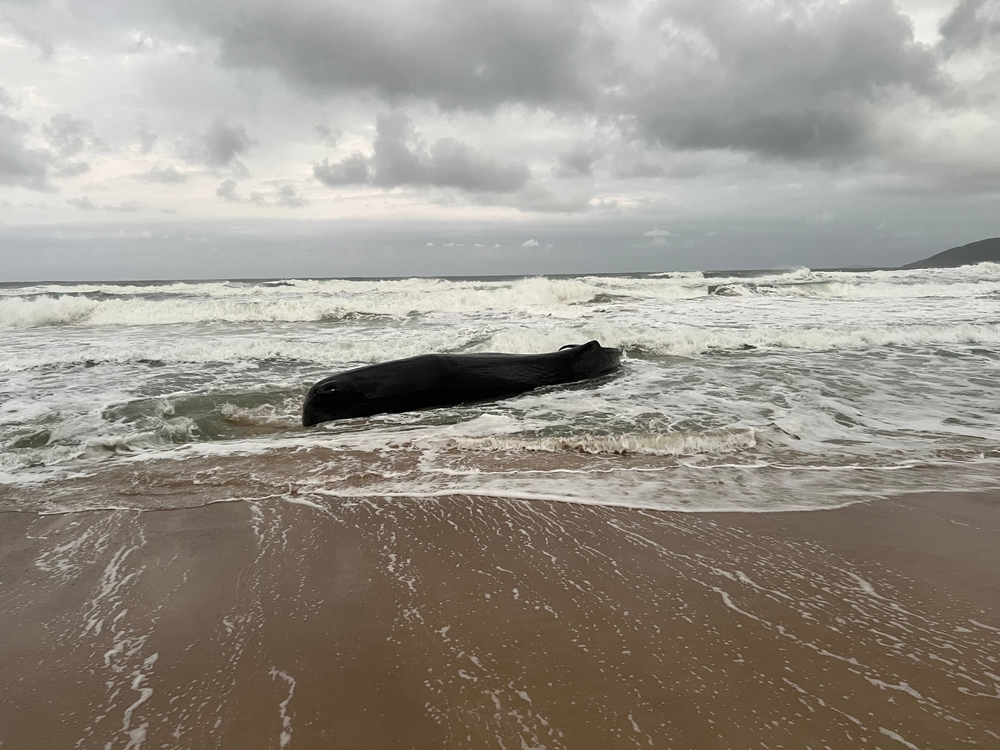The whale’s body showed evidence of trauma.
Others are reading now
The world’s oceans still hold mysteries, and rare creatures sometimes reveal their secrets by chance.
Earlier this year, a spade-toothed beaked whale washed up on a New Zealand beach, offering researchers a once-in-a-lifetime opportunity.
Known as Mesoplodon traversii, this species is so elusive it has never been seen alive. Its arrival marked only the seventh documented encounter with the whale, according to WP.
A Remarkable Discovery
The whale was found in excellent condition, allowing for an unprecedented scientific study.
Also read
Experts from New Zealand’s Department of Conservation (DOC), Te Rūnanga o Ōtākou, and Otago University joined forces with U.S. marine biologists to examine the specimen.
“This collaboration allowed us to blend Indigenous knowledge with Western science,” said Rachel Wesley of Te Rūnanga o Ōtākou. The week-long examination revealed surprising details about the whale’s anatomy and habits.
Unveiling New Insights
The research team, led by marine scientist Anton van Helden, uncovered tiny, vestigial teeth in the whale’s upper jaw.
These suggest that the species’ ancestors might have lived on land. Van Helden also noted an unusual finding: the whale had nine stomach chambers. I
nside, they discovered squid beaks, eye lenses, and other organic matter, offering clues about its diet.
“These details deepen our understanding of this rare species,” van Helden said.
The whale’s body showed evidence of trauma, including head and neck injuries and a fractured jaw.
These injuries likely caused its death. “We suspect significant trauma, but we can only guess at the exact cause,” van Helden explained.
Honoring a Rare Creature
The whale has been named Ōnumia, after the Taiari Native Reserve where it was found.
This name reflects its cultural importance and the connection between the species and the land.
With its findings set to be published, the research has opened new doors for understanding beaked whales.
Van Helden called the project “an unforgettable experience and the beginning of this beautiful animal’s story.”
Thirteen of the world’s 24 beaked whale species inhabit New Zealand waters, making this discovery vital to understanding these enigmatic creatures.








